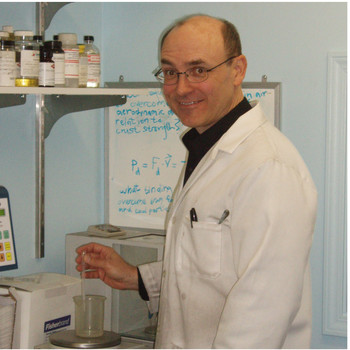What does nuclear chemistry involve?
1 Answer
95% or more of the chemistry you will study involves the gain, loss, or rearrangement of electrons. Nuclear chemistry is the other 5%.
Nuclear chemistry involves the study of the atomic nucleus. Now, a hundred years ago this was considered physics. Physicists have since moved on, and the study of radioactivity, isotopes, and nuclear reactions is now in the hands of chemists and nuclear engineers.
It turns out that atomic nuclei are not all stable. The spontaneous decomposition of these unstable atoms, giving off alpha particles, beta particles, positrons, neutrons, gamma radiation, and spontaneous fission is part of the study of nuclear chemistry. So is the study of the collisions of atomic nuclei.
Why is this important? The control of nuclear energy provides power, but it is also critical to health-care. Without it, doctors would have to open you up far more often to figure out what's wrong. Instead, using medical radioisotopes, doctors can get a pretty good idea of whether, for example, that lump on your thyroid is something to worry about or nothing serious.
Cheers!


